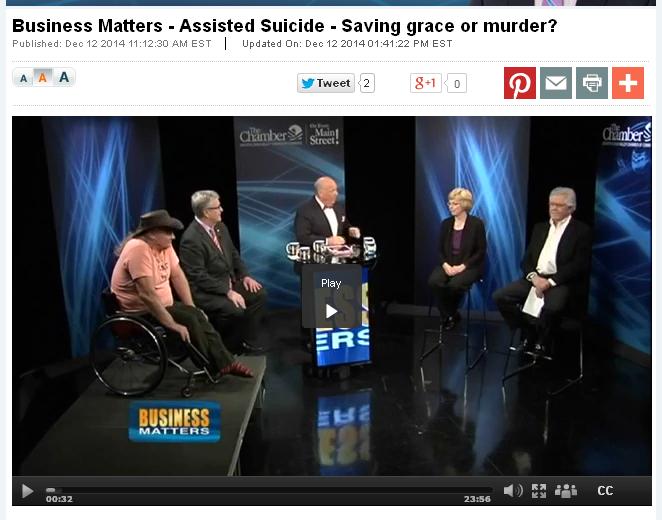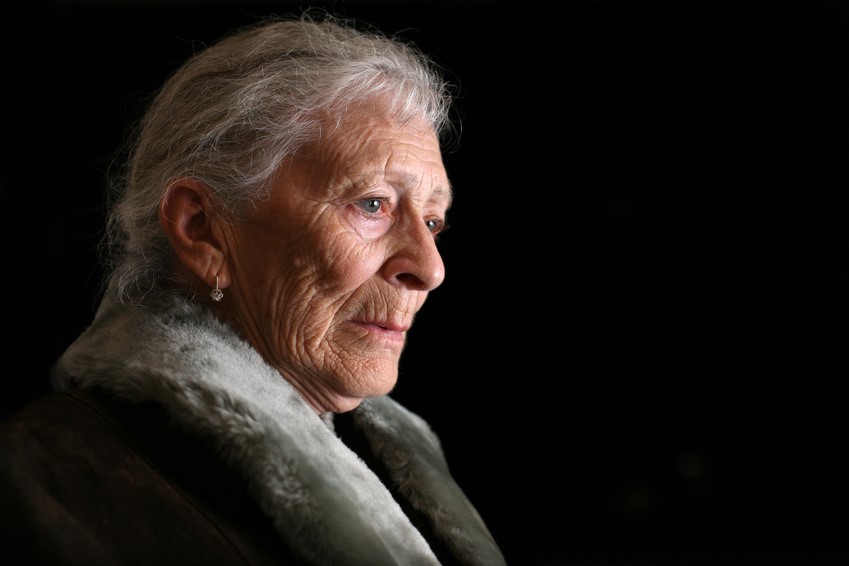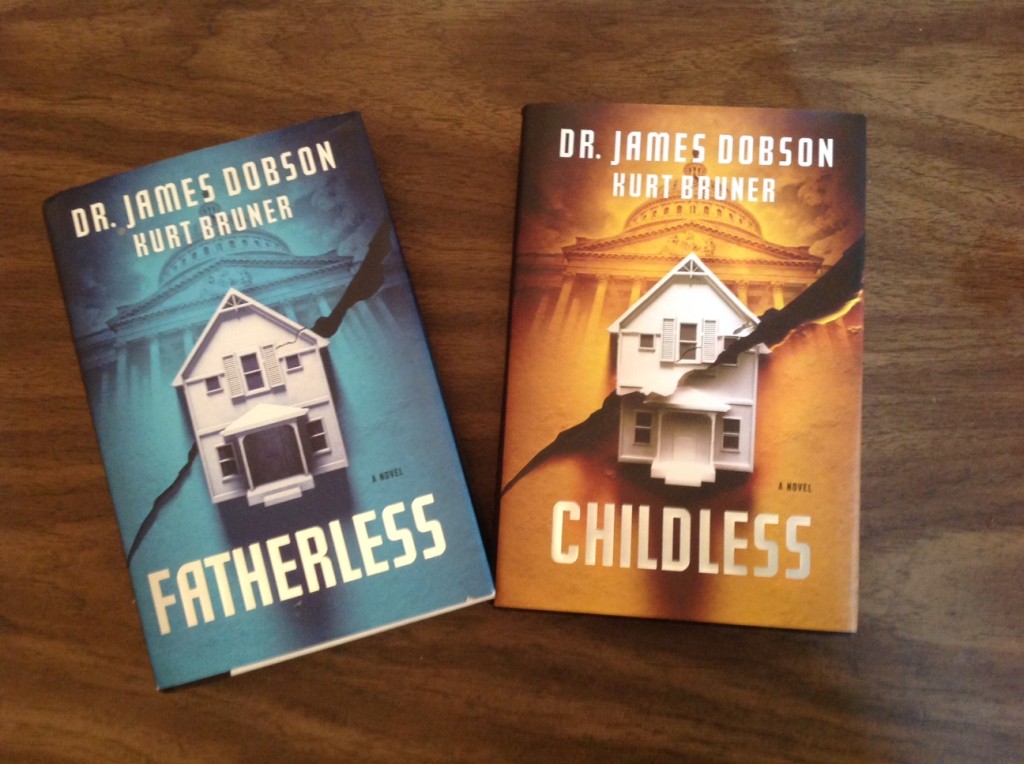I remember waking up in the middle of the night to the urgent sound of our phone ringing.
A late-night call at our house usually meant one thing: Someone was dying. My dad is a pastor, and he occasionally received midnight calls to come to the bedside of a dying parishioner.
 No one else seemed to be awake, so I made myself get up and answer it. A young woman’s voice asked to speak to the pastor. I woke my dad, then returned to bed.
No one else seemed to be awake, so I made myself get up and answer it. A young woman’s voice asked to speak to the pastor. I woke my dad, then returned to bed.
The next morning when I opened my eyes, my mom was sitting on the side of my bed. It startled me, because she almost never came in to wake me up.
She rubbed my back, paused, and then said, “Sweetie, that phone call last night … I just wanted you to know that Matt committed suicide.”
It seemed so unreal. Matt (not his real name), the happy-go-lucky kid from our small town community, had taken his own life. I didn’t know him well, but I knew that he hadn’t had an easy life. I wondered how much he was suffering behind his mask of smiles.
It’s been more than ten years since that day, but I’ve been thinking about it a lot lately — especially as I read about the tragic case of Brittany Maynard, the 29 year old who had terminal brain cancer and committed doctor-prescribed suicide last November. Her suicide is being treated so differently from the death of that young man. His suicide was called tragic, preventable. Hers? Courageous.
What’s the difference? How can one person’s suicide be celebrated and another’s be mourned? Assisted suicide advocates are trying to draw lines in the sand that determine when killing a human life is ok and when it isn’t, but the lines aren’t meaningful, really.
Suicide is always tragic. It takes away something we can never get back – a precious human life. Suffering can be treated and relieved, but death is permanent.
Suicide is not a solution. Not to Brittany Maynard’s problems, not to Matt’s problems, not to anyone’s problems. It’s time we erase these meaningless lines, and remind people that every life is valuable, and every life deserves protection under the law.
(As a side note, the Patients Rights Action Fund, a disability rights group, also addresses the suicide double standard in its January newsletter. Read the excellent article here.)






